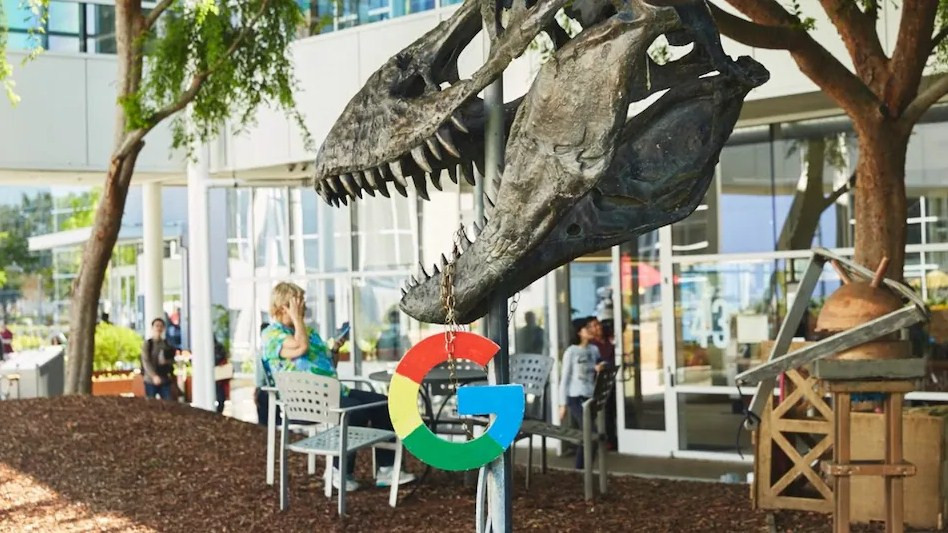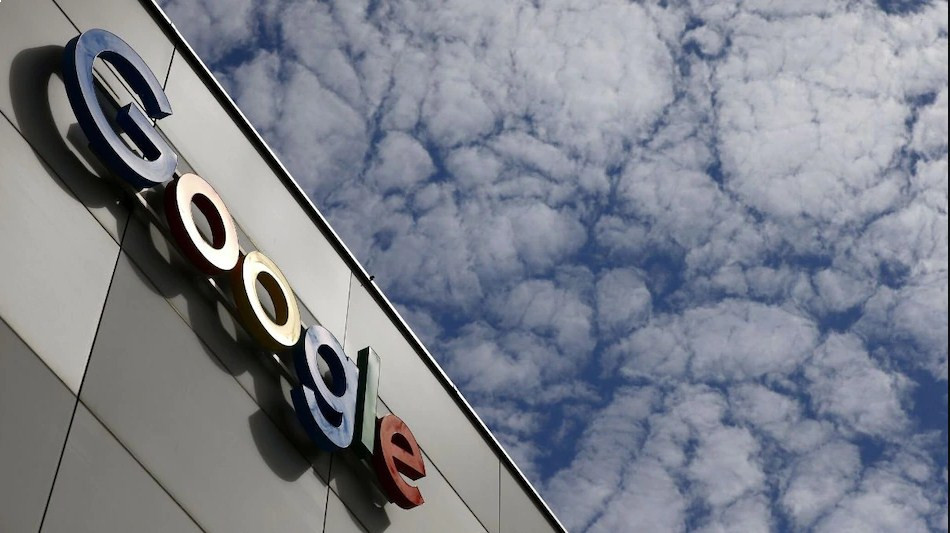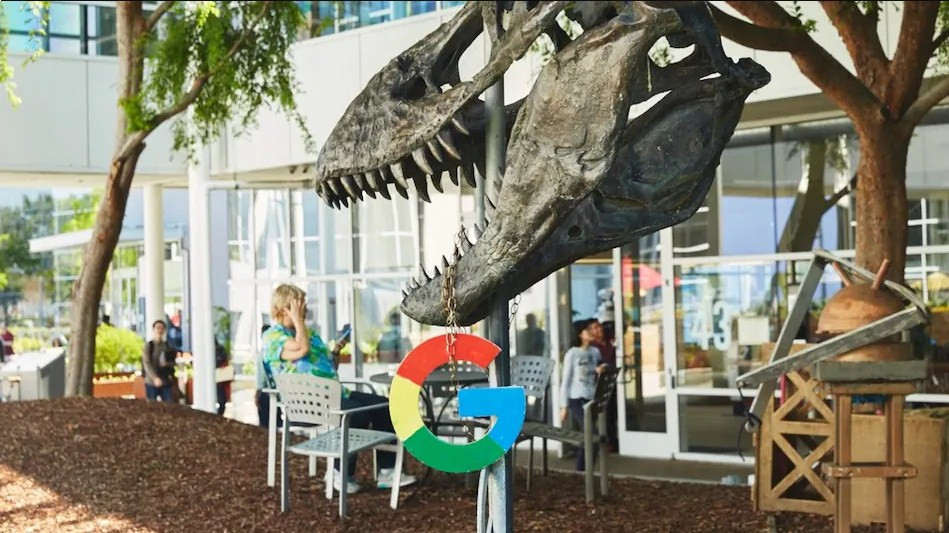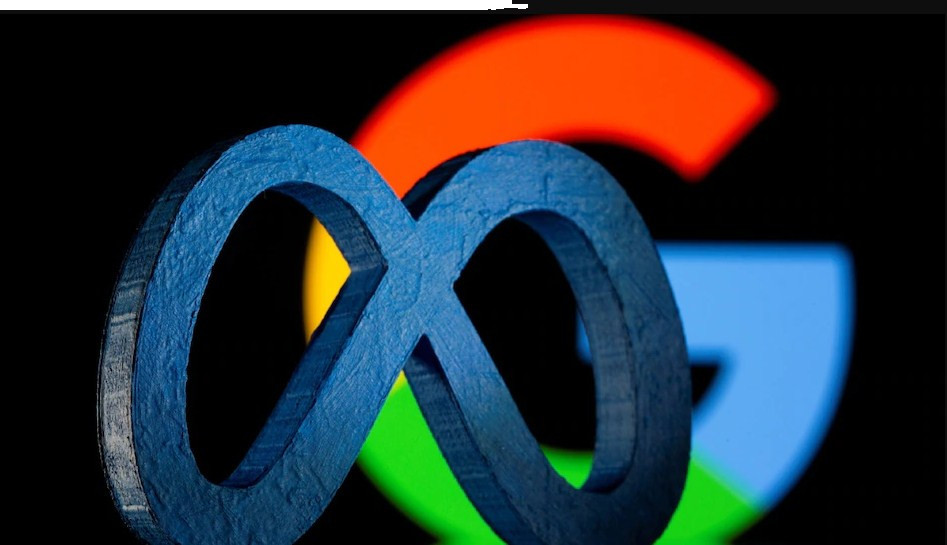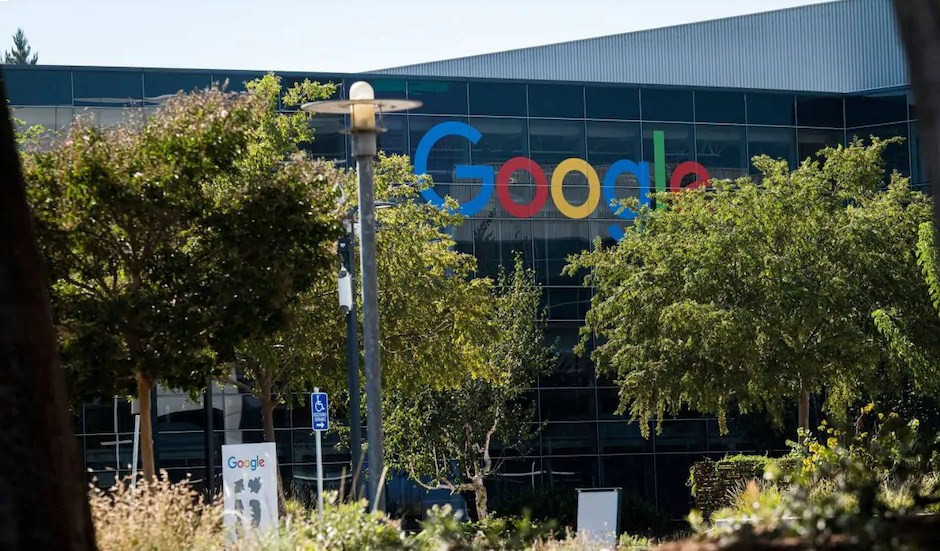Google had argued the complainants failed to show how they were harmed, an argument rejected by the court
- CES 2023: Google Adds Spotify Connect Support to Bolster Android 13 Media Switcher
- Google to Mentor 1 Million Indian Women Entrepreneurs; Working With Partners to Increase Numbers, Antony Blinken Says
- Google's Anti-Competitive Activities Harm Indian Consumers, Economy: MapMyIndia CEO
A US judge in California on Monday allowed litigation against Alphabet's Google to proceed as a consumer class action of 21 million individuals who accuse the company of violating US anti-competition laws in how it runs its Google Play app store.
US District Judge James Donato said in a 27-page order that the plaintiffs had established the legal elements of "commonality" and other factors to form a class action that alleges anticompetitive business practices.
The class members are Google Play Store individual consumers in 12 states, including Ohio, Michigan and Georgia, in addition to American Samoa, Guam, Northern Mariana Islands, Puerto Rico and the US Virgin Islands.
The case is among an array of pending antitrust actions against Google, and state prosecutors in more than three dozen other states lodged similar claims against Google last year. The plaintiffs' lawyers in the newly certified class action are jointly working with those state enforcers.
Nationwide, plaintiffs have identified aggregate damages of $4.7 billion (roughly Rs. 38,400 crore).
Google has defended its Play Store business practices, denying the claims in the case before Donato and others.
A spokesperson for Google said on Monday: "We're evaluating the ruling, and after that, we'll assess our options."
Lawyers for the company at US law firm Morgan, Lewis & Bockius on Monday did not immediately respond to a message seeking comment.
In arguing against class-action certification, attorneys for Google said the plaintiffs failed to show how they were harmed, an argument that Donato rejected.
A lead attorney for the class at plaintiffs' firm Bartlit Beck declined to comment.
The class attorneys allege among other things that Google prohibited app developers from steering customers to competitors and used "misleading warnings to deter customers from downloading apps outside the Google Play Store."
They claimed that "but for Google's anticompetitive conduct, plaintiffs and class members would have paid lower prices for apps and in-app purchases and would have benefited from expanded choice."
A trial is scheduled to begin in June 2023.
© Thomson Reuters 2022
